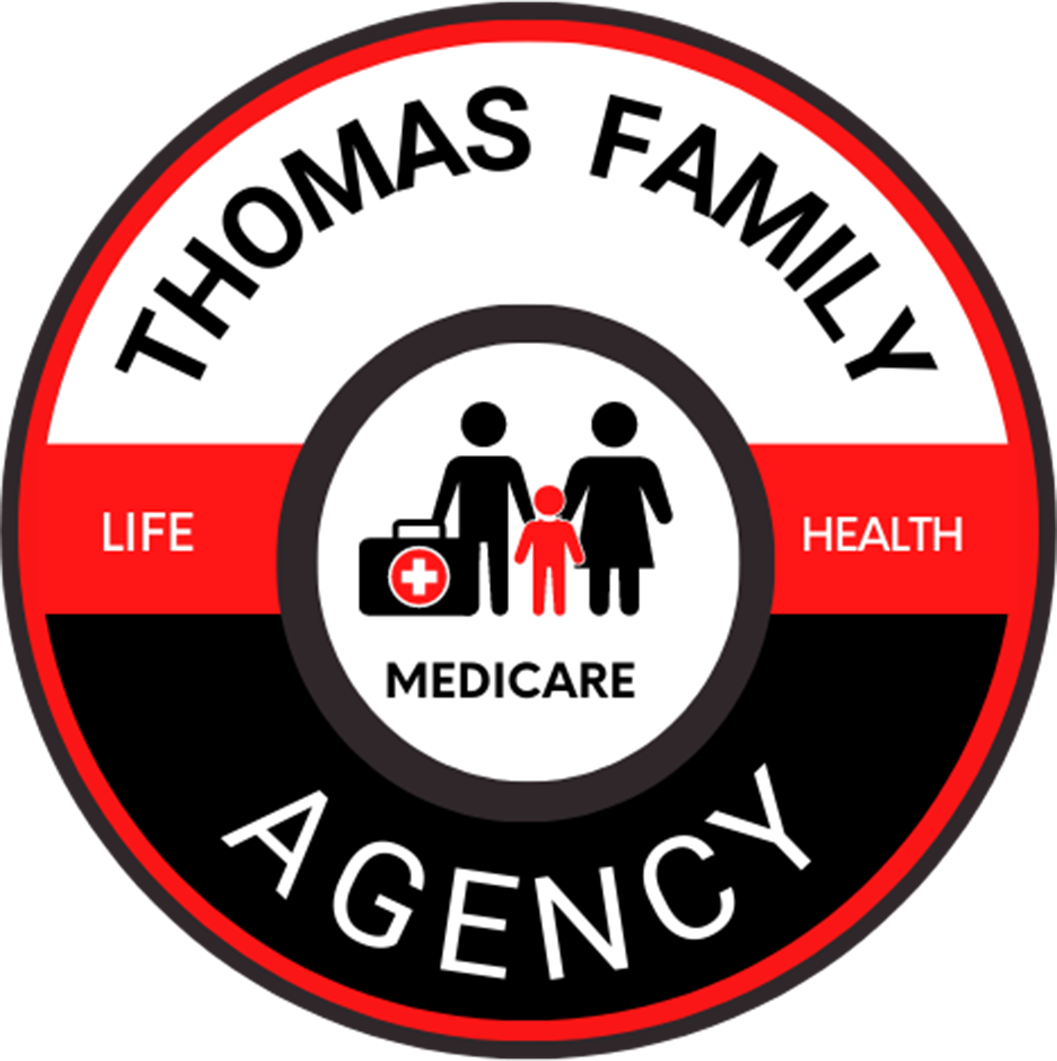With National Senior Fraud Awareness Day on May 15, it's the perfect time to focus on protecting our elderly loved ones and ourselves from those who prey on vulnerable communities. Scams are constantly evolving, and staying informed is a crucial defense against fraud. Below are some of the most common scams that target seniors, and awareness of these can help protect against exploitation.
Tech Support Scams
One prevalent scam involves fraudsters impersonating tech companies. They often claim there's an issue with your device and persuade you to grant them remote access to fix it. Unfortunately, their main goal is to steal personal information or install malicious software. Always be skeptical of unsolicited calls or emails regarding tech support.
Government Impersonation Scams
Scammers often pose as government officials and use threats of legal action to obtain personal data. They might claim you owe taxes or say there's a legal problem, pressuring you to provide sensitive information or money. Remember, legitimate government agencies will not contact you in this way, especially demanding immediate payment over the phone.
Grandparent Scams
These scams play on emotions, where scammers impersonate a grandchild in distress, needing money urgently due to a fabricated emergency. They often demand the funds be sent quickly and discreetly. Before acting, always verify the identity of the caller by contacting family members or using a known number to reach your grandchild.
Romance Scams
Romance scams involve scammers building trust in online relationships, and eventually, they request money under various pretenses. They prey on the emotions of loneliness and companionship. Always be cautious of sharing personal information with someone you haven’t met in person and who asks for money, no matter how convincing their story is.
Medicare Scams
In these scams, fraudsters might pose as Medicare representatives, offering bogus services to collect sensitive information. They could ask for your Medicare number, which they then use for identity theft or false billing. Medicare will never call and ask for personal information over the phone. When in doubt, hang up and call Medicare directly.
Sweepstakes Scams
Victims are told they’ve won a prize, but they must pay fees upfront to claim it. Legitimate sweepstakes do not require you to pay to receive a prize. If something sounds too good to be true, it probably is. Always question requests for payment to claim winnings.
Educating ourselves and our loved ones about these scams is a powerful tool in fighting fraud. Encourage your family to share this information and remain vigilant. If you suspect any fraudulent activity, report it to the appropriate governmental authorities or fraud hotlines.
For more information on reporting scams and safeguarding your community against fraud, visit the Federal Trade Commission’s website or call their help line. Staying informed and cautious is our best defense against falling victim to fraud.
